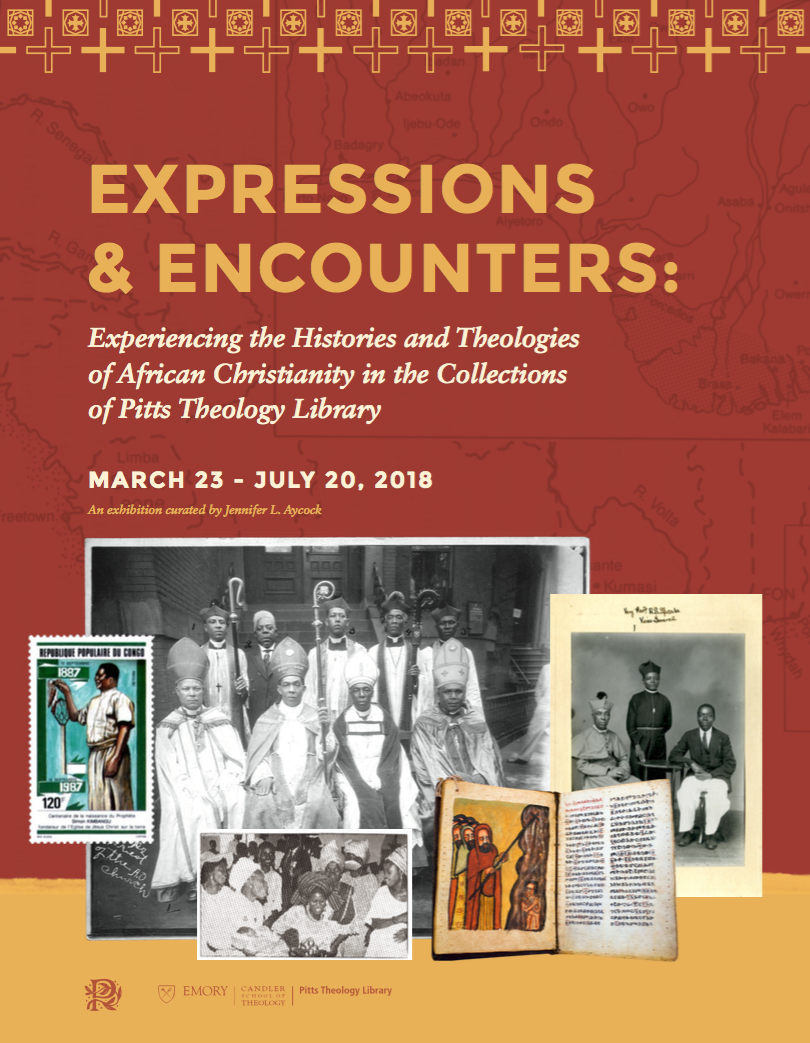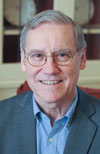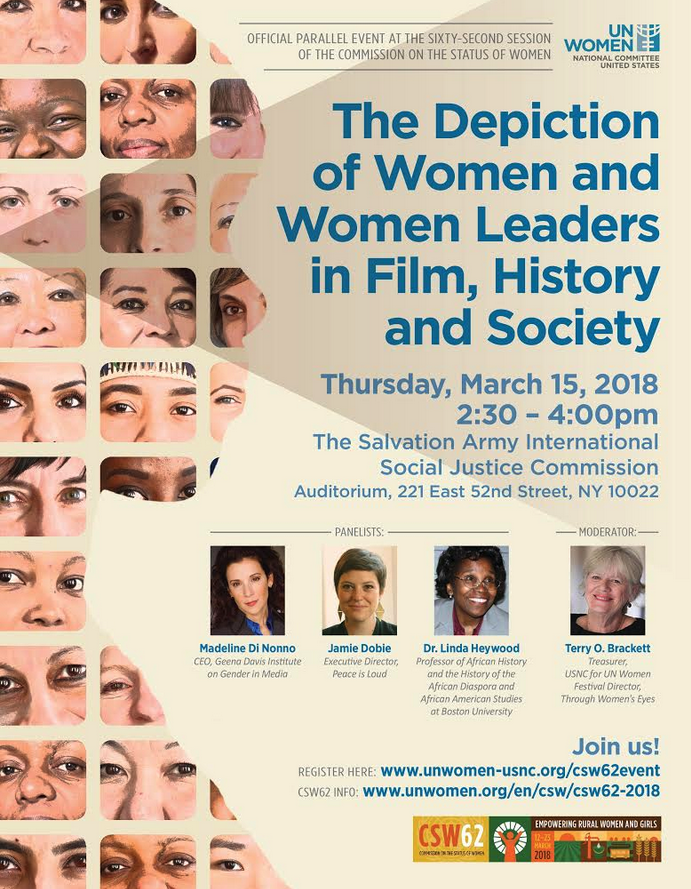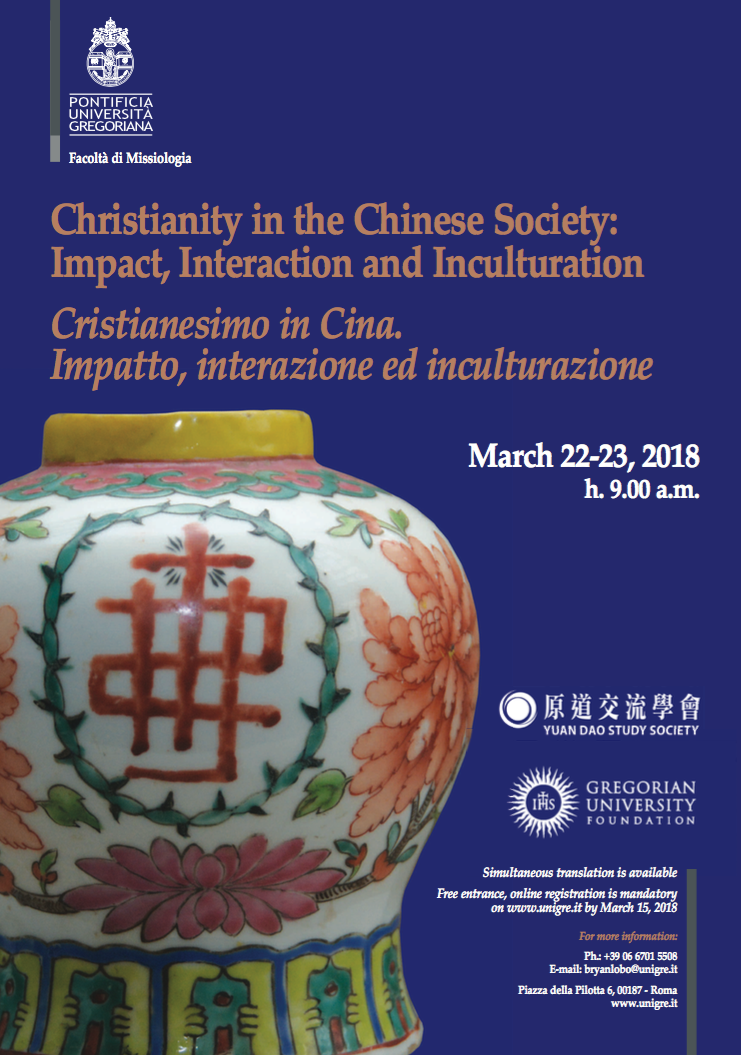News of the extended network of faculty, alumni, students, visiting researchers, and mission partners is regularly updated, and some of the big ideas or major events in Global Christianity are covered in the CGCM News.
Expressions & Encounters Exhibition

Korean Global Mission Leaders Forum
 Dr. Jon Bonk, CGCM faculty associate, has been serving as the president of the Korean Global Mission Leaders Forum (KGMLF). KGMLF demonstrated a model of vigorous cross-cultural interaction and produced multilingual publications that address complex but overlooked issues bedeviling missions regardless of the sending or receiving country, mission society, or denomination involved.
Dr. Jon Bonk, CGCM faculty associate, has been serving as the president of the Korean Global Mission Leaders Forum (KGMLF). KGMLF demonstrated a model of vigorous cross-cultural interaction and produced multilingual publications that address complex but overlooked issues bedeviling missions regardless of the sending or receiving country, mission society, or denomination involved.
In February 10-14, 2011, a group of 48 men and women from around the world gathered at OMSC in New Haven to identify and tackle complex issues relating to financial, administrative, strategic and pastoral accountability practices and lapses in Korea. WEC, OMF, SIM, IBM, and SEND international were represented, along with other agencies whose ministries intersected with Koreans, Korean churches, and Korean mission societies. Major Korean sending agencies—both independent and denominational—all took part. The gathering produced the ensuing book (in Korean and English) Accountability in Missions: Korean and Western Case Studies.
The June 11-14, 2013 forum resulted in the publication of Family Accountability in Missions: Korean and Western Case Studies (OMSC Publications, 2013). In November 3-6, 2015 the third forum took place in Sokcho, South Korea, which resulted in the publication of the book Megachurch Accountability in Missions: Critical Assessment through Global Case Studies. In November 7-10, 2017, forum on "Migration, Human Dislocation and Accountability in Missions," was held, and the proceedings will be published as People Disrupted: Doing Mission Responsibly among Refugees and Migrants. Dr. Bonk is planning the fifth forum addressing the theme of "Missionaries, Mental Health, and Accountability in Church and Agency Support Systems" (June 10-14, 2019). The case studies for this forum will examine a range of issues and approaches relating to fostering and effectively restoring missionary mental health in contexts of ministry.
Call for Proposals Missionaries, Modernity and Education (MiMoRA), Leuven, 13-21 September 2018
Call for Proposals Missionaries, Modernity and Education (MiMoRA), Leuven, 13-21 September 2018
Over the past years, the history and impact of missionary movements have become of interest to diverse disciplines within the humanities, including anthropology, theology, architecture and heritage studies, history, and educational sciences. However, this interdisciplinary booming of the field has also led to divergence. This is why KU Leuven researchers from several faculties decided to set up MiMoRA: the Mission and Modernity Research Academy. It aims at bringing together expertise, stimulating international research in Leuven collections, and steering it towards new thematic frontiers by providing a forum for academic debate and creating new networks for young scholars across the globe. MiMoRA is coordinated by KADOC, the interfaculty Documentation and Research Center on Religion Culture and Society at KU Leuven. See our website.
The first Research Academy will study the theme of Christian Missionaries, Modernity and Education and take place from 13 to 21 September. It welcomes researchers working on all types of topics related to Christian missionaries and education in the modern era (1850-), both in a colonial and a postcolonial context. It will address analysis of agency, target audiences, curricula, material culture, heritage, etc. preferably from a comparative perspective (e.g. cross-cultural, diachronic, Catholic/Protestant, …). It obviously is very interested in the religious factor, including inter-religious collaboration or inspiration, as well as the relationship with the secular and the profane. We feel very strongly about innovative and interdisciplinary aspects, examining how, for example, language, acoustics, material culture, and sports and leisure have contributed to the construction and deconstruction of identities and difference in (post-)colonial contexts. More information.
MiMoRa I will take place in Leuven from 13 to 21 September 2018. All participants will be offered accommodation (with a maximum of ten nights); participants from beyond Europe and North America will also receive funding for travel costs. In order to apply, please upload your research proposal (max. 1,500 words, including both your current research and its link with Leuven collections), a CV (max. 1 page, with a picture and language skills), copies of your diplomas, a letter of motivation (ca. 500 words), and a letter of recommendation by your supervisor on our website: application form on the webpage. Deadline for submissions is 30 April. The selection of candidates will be based on the application file as well as on geographical and thematic criteria. The selection of candidates will take place before 15 May. After the Research Academy, we aim at publishing a number of research papers in an edited volume with a university press.
Please send further inquiries to mimora@kuleuven.be.
Call for Papers: International Orthodox Theological Association


The Depiction of Women and Women Leaders in Film, History and Society

The Global Christian Forum Committee chose Dr. Casely Essamuah
 The Global Christian Forum Committee chose Dr. Casely Essamuah to serve in the central role of its Secretary. Dr. Essamuah will take up the position on 1 July 2018, following the retirement of the Rev Dr Larry Miller who has led the GCF for the last six years. Dr. Essamuah will be presented as ‘Secretary elect’ to the third global gathering of the GCF, which occurs in Bogota, Colombia April 24-27, 2018.
The Global Christian Forum Committee chose Dr. Casely Essamuah to serve in the central role of its Secretary. Dr. Essamuah will take up the position on 1 July 2018, following the retirement of the Rev Dr Larry Miller who has led the GCF for the last six years. Dr. Essamuah will be presented as ‘Secretary elect’ to the third global gathering of the GCF, which occurs in Bogota, Colombia April 24-27, 2018.
Call for Applications for an International Workshop
Call for Applications for an International Workshop on the History of Christianity in East Asia at the University of Minnesota
The Ricci Institute for Chinese-Western Cultural History at the University of San Francisco in collaboration with the James Ford Bell Library at the University of Minnesota will hold a four-day international workshop in Minneapolis, Minnesota, from October 1 through October 4, 2018.
Please note that all participants will be expected to arrive by Sunday, September 30 and depart on Friday, October 5, 2018. They are required to attend all workshop-related activities and sessions.
We are inviting post-doctoral level scholars and junior faculty members with their research focus on Christianity in East Asia who are currently preparing a book manuscript for publication to apply. This workshop is part of a four-year project supported by the Henry Luce Foundation in New York City. The project is entitled, “Historical Legacies of Christianity in East Asia: Bridging a New Generation of Scholars and Scholarship” and is administered by the Ricci Institute. For more information about the various initiatives that are part of the project, please visit: www.ricci-institute.org. For information about the workshop at Oxford in 2017, please visit the above website as well as: www.facebook.com/usfricci.
The workshop has three primary components. First, through a series of lectures and seminars by senior scholars at the University of Minnesota and elsewhere, participants will have the opportunity to confer with specialists from around the world with regard to the interpretation of complex primary source materials, including manuscripts and early printed books from different historical periods composed in a variety of East Asian and Western languages (e.g. classical Chinese, classical Japanese, Portuguese, Italian, Spanish, etc...). Another primary focus will be reflecting on research methodologies and historiographies, as they developed and were expressed through different scholarly rhetorical traditions. The training will be further enhanced by discussions with librarians and curators of the James Ford Bell Library and other libraries at the University of Minnesota.
Secondly, participants will have the opportunity to interact with a Senior Acquisitions Editor from Brill Academic Publishers in Leiden and with other scholars with regard to the entire editorial and publication process.
Thirdly, participants will be mentored by invited senior scholars who are well known internationally for their contributions to the study of Christianity in East Asia. These scholars will critique and discuss the participants' draft manuscripts in view of their preparation for publication. This will take place in an open forum together with fellow participants.
Qualifications. Applicants must have completed doctoral studies and dissertation defense in order to be eligible to participate the workshop. Post-doctoral candidates must have completed their doctoral degrees within the past five years and have been involved actively in teaching and/or research (as a post-doctoral fellow, an independent scholar, or a junior faculty member).
Requirements.
(1) a most recent Curriculum Vitae;
(2) an 8~10 page double-spaced statement in English that summarizes the manuscript the candidate is currently preparing to submit for publication. The theme of the manuscript should be related to some aspect of the history of Christianity in East Asia, including China, Japan, Korea, and Vietnam. This statement should include a synopsis of the manuscript, a detailed description of the research methodology employed, plans for additional research and writing to complete the project (if any), and a proposed timeline for the submission of the manuscript to a publisher;
(3) two up-to-date letters of recommendation.
Expenses. The Ricci Institute will cover the following expenses for all successful applicants:
(1) Transportation: return economy airfare from your city/country of residence as well as local public transportation to and from Minneapolis-St. Paul International Airport to the hotel reserved for the workshop participants (e.g. shared shuttle service or Minneapolis Metro system); Note: car rentals are not covered.
(2) Lodging in Minneapolis from September 30 until the morning of October 5, 2018, including most meals during the workshop (Note: lodging will be pre-arranged by the workshop organizers).
All authorized expenses will be paid as a reimbursement on presentation of official receipts, in compliance with the travel policies of the University of San Francisco and the terms stipulated by the Henry Luce Foundation.
Incidental expenses of a personal nature (e.g. travel insurance, phone/data purchase, etc.) are not reimbursable.
Medical Insurance
Please note that all participants are responsible to arrange their own valid medical insurance for the duration of their stay in the United States.
Visa
If you are required to apply for a visa to enter the United States, please contact the local US Consulate for more information on the documentation you will be expected to provide. To support your visa application, the Ricci Institute will be able to issue successful applicants with an official invitation to participate in the workshop. For more information see:https://travel.state.gov/content/travel/en/us-visas.html
Deadline. All required documents should be in English and submitted via email no later than April 21, 2018 to blkhaajav@dons.usfca.edu with the subject line: “2018 Minneapolis Workshop Application”. Letters from the recommenders must be sent directly to the above email address by the same deadline. The preferred formats for the letter attachments are PDF or MS-WORD.
Application results will be announced by May 15, 2017.
For more information about the Ricci Institute at the University of San Francisco, please visit: http://usf.usfca.edu/ricci or visit our Facebook page at: http://www.facebook.com/usfricci
Call for Papers: Prison and Religion in the Global South
The journal Social Sciences and Missions is now planning a special issue on Prison and Religion in the Global South.
Prisons build an important interface of social and religious concern. They are communities operating with limited connection to the outside world and with their own resilient communal life. Penal communities are often dominated by prison gangs. Yet there are aspects to communal life in prison that are outside of gangs’ control, among them an occasionally vibrant religious life independent of outside initiative. At the same time, religious groups of Christian, Buddhist, Islamic, or other provenience, and, to a smaller extent, non-religious NGOs play a crucial role in bridging the gap between prison community and outside world. They provide crucial services that mitigate the hardships of prisons. For some religious groups, prisons offer an excellent ground for religious propagation and recruiting of followers. They see religious renewal in prison as a particularly striking and publicly attractive form of demonstrating the power of faith in transforming people.
Most scholarly research on religious interaction with penal populations relate to North America or Europe. Focusing on religions and prisons in the Global South, this special issue invites contributions from social science and religious studies.
Topics include but are not limited to
- Religious and missionary agents in prison: motives, goals, and interests
- Religious propagation in penal contexts: strategies and methods
- Independent or indigenous religion in the penal context and its interaction with missionary initiatives;
- Religion, gang culture, and penal community life
- Conversion, conversion narratives, and deconversion in the penal context
- Religious ministry in prison and its effectiveness in rehabilitation
- Faith and adjustment to prison life
- Religion and prison administration: convergences and tensions
- State administration of religious affairs in prison
- Religion, penal politics, and human rights
- Comparative approaches to religious ministry in different penal contexts of the Global South
- Chaplains and volunteers in prison ministry
- Religion and restorative justice
- Religious influences on penal ideologies
- Religion and the death penalty
- New Religious Movements in prison
We invite contributions of original research with a maximum length of 8,000 words. We encourage interested contributors to first submit by email an abstract of around 100 words by April 30, 2018 in order for us to gain a preliminary understanding of your submission plans. Please send your abstract to the guest editor Tobias Brandner (tobias@cuhk.edu.hk or tobiasbran@gmail.com) or the journal’s editor Jayeel Cornelio (jcornelio@ateneo.edu). You may also contact either one of them for further information and questions. Please take note of the submission guidelines that can be found on the journal’s website (http://www.brill.com/social-sciences-and-missions).
Submission deadline for the full paper: October 31, 2018.
Islam and Toleration
The Prince Alwaleed Bin Talal Islamic Studies Program at Harvard University is pleased to announce our annual conference on Islam and Toleration. This conference aims to explore the concept and realities of toleration in the Islamic tradition with a focus on contemporary work, from Asia and Africa to Europe and the United States. This conference is co-sponsored by Harvard Law School's Islamic Legal Studies Program: SHARIAsource.

Christianity in the Chinese Society: Impact, Interaction and Inculturation
